His life and career are a living testament to his love for the profession, his courage and his perseverance witheducational ideals.
Teacher in Saigon before 1975
Mr. Nguyen Van Ngai was born in 1949 in Tay Ninh . In 1969, after graduating from Saigon Pedagogical University, he was assigned to teach in Hoc Mon. On August 31, 1972, he was assigned by the Head of Gia Dinh Province Education Department to teach Mathematics at Nhat Linh High School, Hoc Mon District (now Nguyen Huu Cau High School).
Mr. Ngai (standing in the middle) with colleagues at Nguyen Huu Cau School. Photo: NVCC |
With a standard, serious but compassionate teaching style, he quickly became a teacher respected by colleagues and loved by students.
Recalling the days before April 30, 1975, Mr. Ngai said that he and his wife were teachers, raising their children solely on their monthly salaries. The salary was not too high, but it ensured a minimum living standard. “At that time, a teacher could support his wife and at least two children going to school,” he said.
At that time, the school had few hours of Math, so in the first semester (semester 1), he was assigned by the principal to teach 8 Math periods and 8 History and Geography periods. It was not until the second semester (semester 2) that he was assigned to teach only Math.
Continuing the career after the country's reunification
After April 30, 1975, Nhat Linh High School was renamed Nguyen Huu Cau Secondary and High School and a provisional Executive Board of 5 members was established. Mr. Nguyen Van Ngai was assigned as Head of the Board, later Vice Principal, and then Principal.
“In the early days after April 30, 1975, teachers faced many difficulties when their salary was only 40-50 dong/month, each person was allocated 13 kg of rice/month (physical education teachers were given 15 kg). But because there was not enough rice, those 13-15 kg had to be mixed with noodles, wheat flour, and corn,” said Mr. Ngai, adding that despite the difficulties, teaching and learning activities in the school were still in order. In addition to teaching, teachers guided students in labor. Teachers borrowed land after the harvest to dig wells, plant okra, peanuts, and other crops, etc.
Teacher Nguyen Van Ngai in the 1983 - 1984 school year. Photo: NVCC |
As a witness to the educational transition at that time, Mr. Ngai saw that everything went smoothly. All schools reused local teachers, also known as retained teachers (teachers who had taught before and after the country's reunification). In addition, the school reinforced teachers from those who had been regrouped, went to B, soldiers who had been transferred to other fields and had received pedagogical training, and young teachers who had just graduated from school. The relationship and cooperation in work between the sources of teachers in the majority of schools were quite stable, with only a few places showing discrimination.
At the beginning of the new period, teachers of natural subjects had quite an advantage when teaching according to the new textbooks, while teachers of social subjects, especially teachers of traditional subjects, faced more difficulties due to changes in viewpoints.
The biggest task of the education sector is to replace textbooks. All textbooks used before April 30 in the South will be replaced with textbooks compiled specifically for the 12-year general education system. This is something new because at that time the North was still using textbooks for the 10-year general education system.
In his memory, Mr. Ngai recalled that despite changes in textbooks, moral values such as politeness, respect for adults, friendliness with friends, diligence, love for homeland and country... were always promoted in both education systems, before and after 1975.
“Both educational systems value moral and personality education for students, especially for preschool and high school students. Both are similar but the way of expressing it is different, especially in social subjects,” Mr. Ngai recalled.
In 1991, Mr. Ngai was transferred and appointed as Deputy Secretary of the Party Committee at the grassroots level of the city's education and training sector. In 1998, he was appointed as Deputy Director of the Department of Education and Training of Ho Chi Minh City until receiving the retirement decision on July 1, 2009.
Dedicated and intelligent teacher
What many people admire about Mr. Nguyen Van Ngai is his sharp intellect and persistent passion despite his old age. Even after retirement, he still regularly writes articles, participates in educational seminars, and gives interviews on current issues related to exams, curriculum, and school ethics.
Although retired, he is still involved in the education sector through interviews with reporters. Photo: TL |
He always emphasizes the importance of forming moral values for students, with the combination of three environments: "family - school - society".
Mr. Nguyen Van Ngai's family has 4 members, 3 of whom work in the education sector. When he was Deputy Director of the Department of Education and Training, Mr. Ngai was among the group approved for the 300 master's and doctoral program by the Ho Chi Minh City Party Committee. He was advised to send one of his two sons to study abroad.
At that time, his two children, Nguyen Chi Thien and Nguyen Chi Nhan, had finished studying at Ho Chi Minh City University of Technology, but he decided that his family was not well off so he chose to study domestically. When the opportunity for his children to study for a master's degree abroad with state funding was within reach, Mr. Ngai flatly refused.
"When I received the offer to let my child study for a master's degree abroad, I went home to discuss it with them so they could think about it. A few days later, both of them said they had no need," Mr. Ngai said.
He believes that if his children join the program, in addition to meeting the required standards, they will be given priority to some extent because he is a member of the review board. Many people expressed regret when he refused, but he himself felt very relieved. His two children did not mention this. Both now have stable jobs and have master's degrees.
He always taught his children to live simply, honestly, sociably, with self-respect and responsibility.
Nguyen Dung
Source: https://tienphong.vn/gap-thay-giao-day-hoc-o-sai-gon-truoc-ngay-3041975-post1738928.tpo


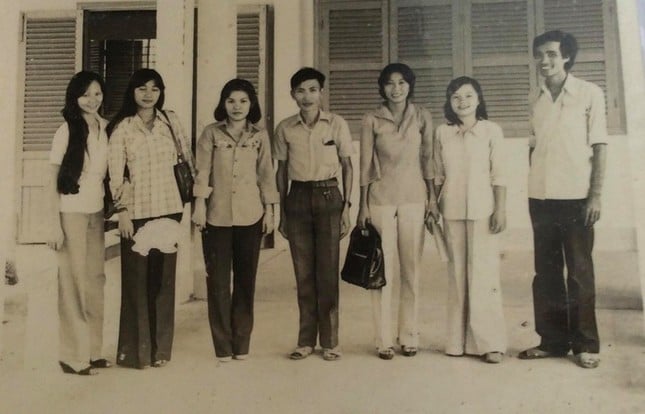
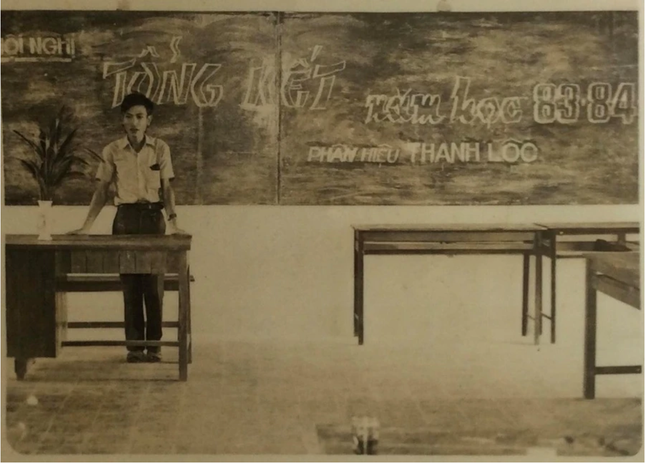
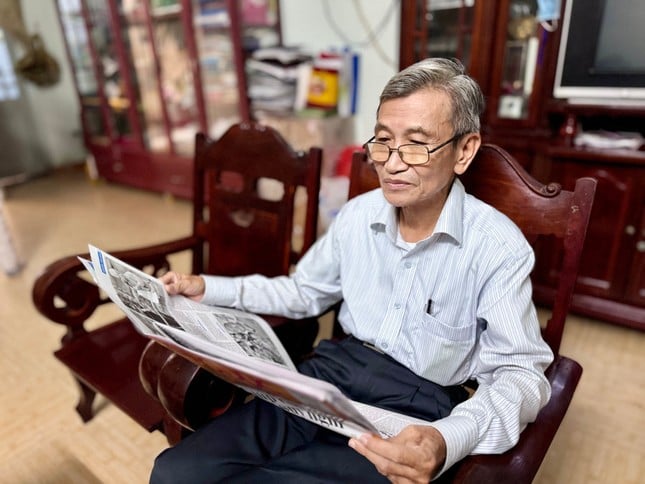






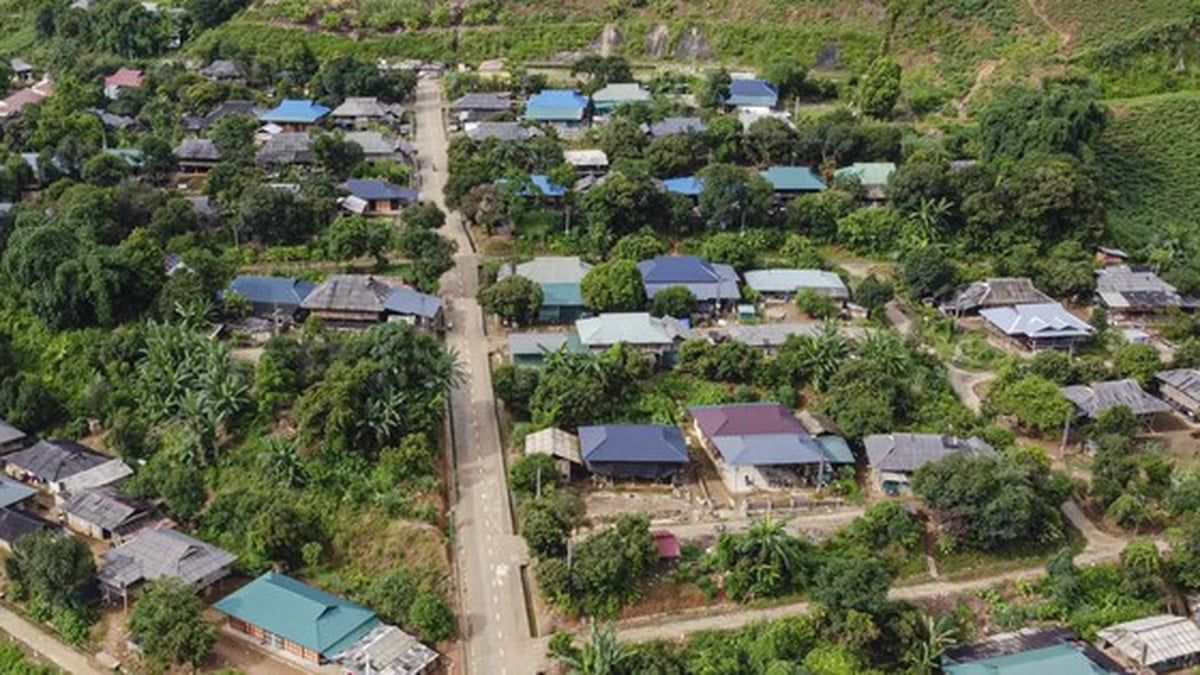
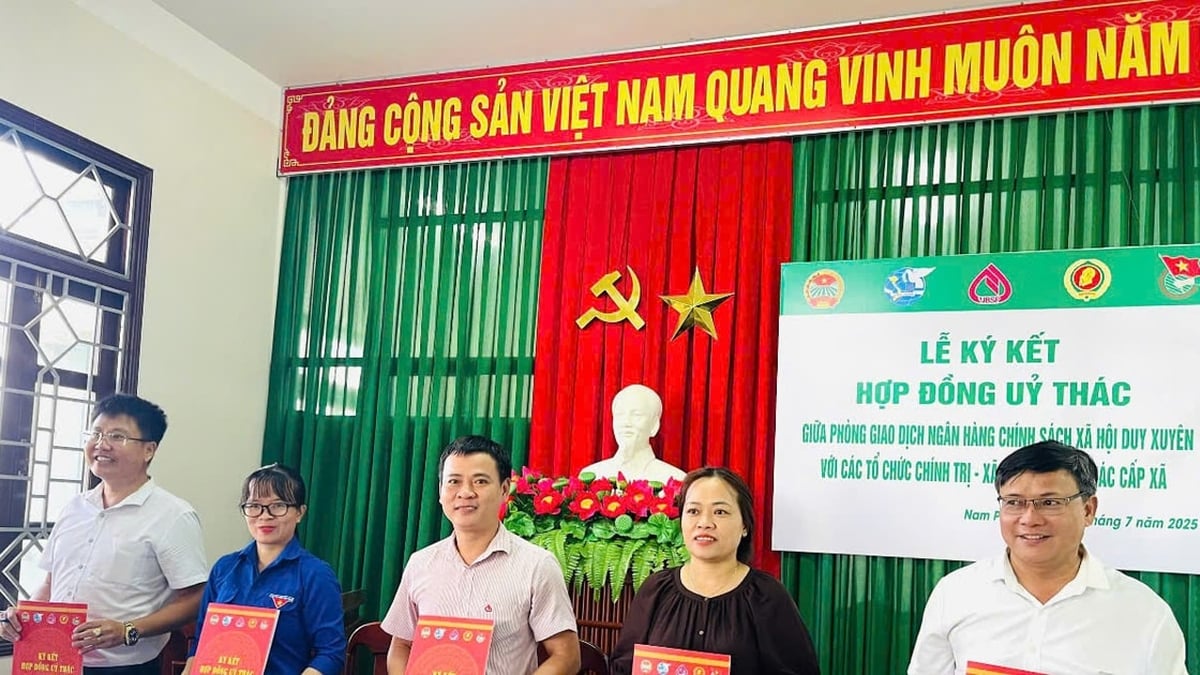
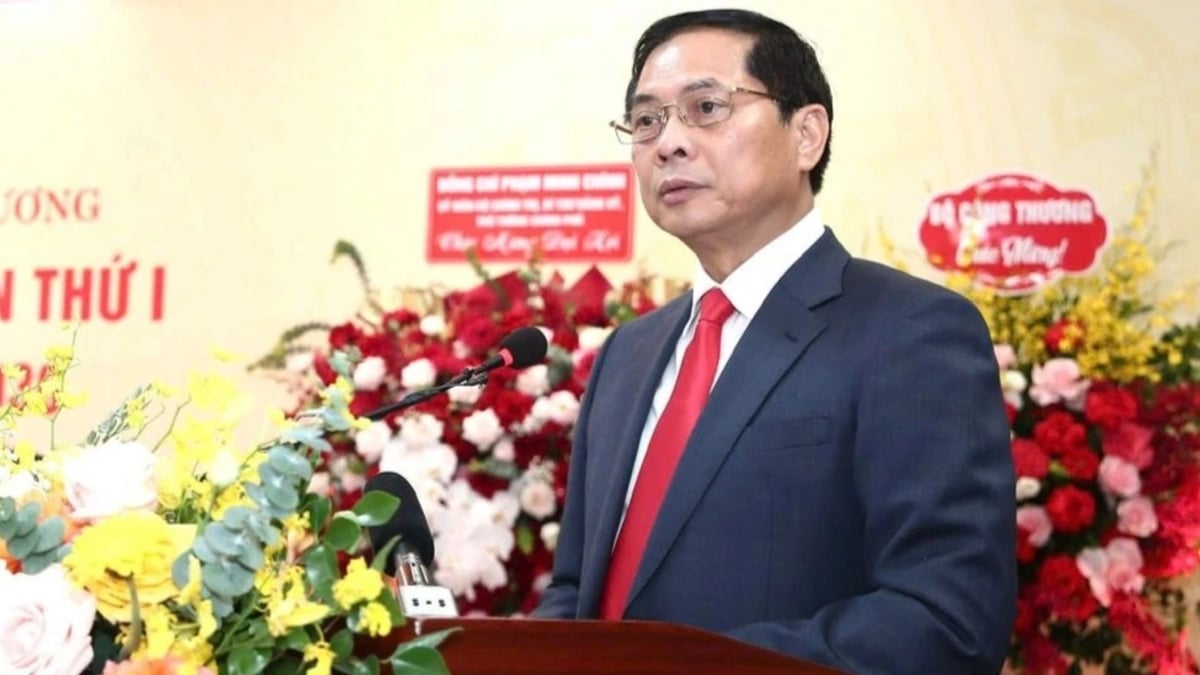







































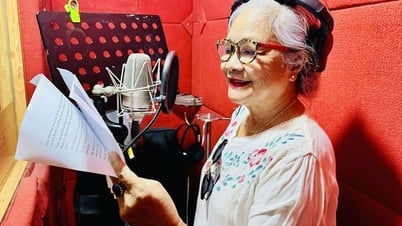












![[Maritime News] More than 80% of global container shipping capacity is in the hands of MSC and major shipping alliances](https://vphoto.vietnam.vn/thumb/402x226/vietnam/resource/IMAGE/2025/7/16/6b4d586c984b4cbf8c5680352b9eaeb0)













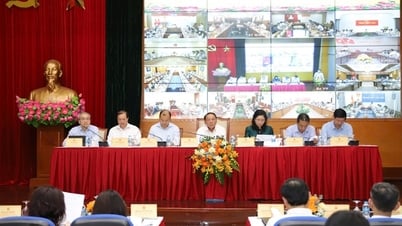
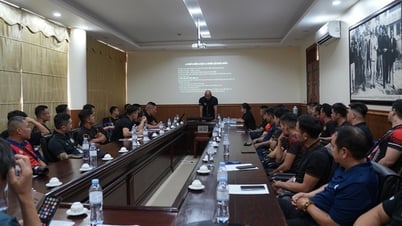






















Comment (0)